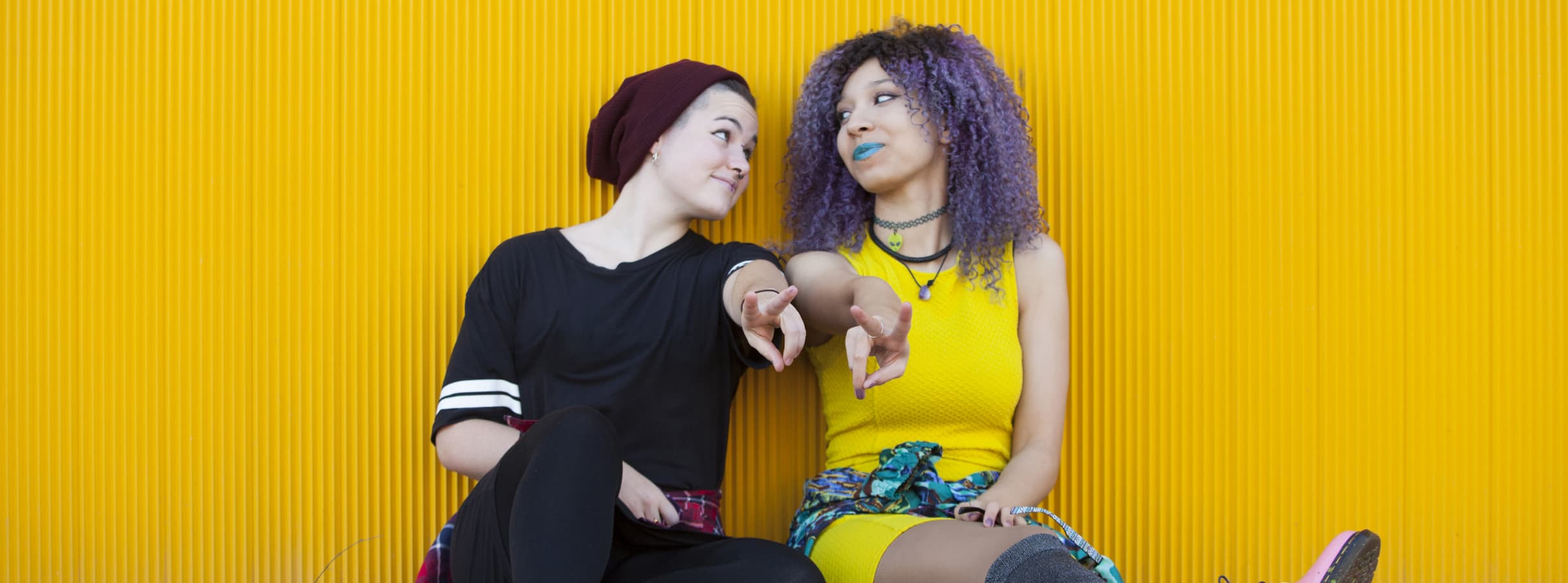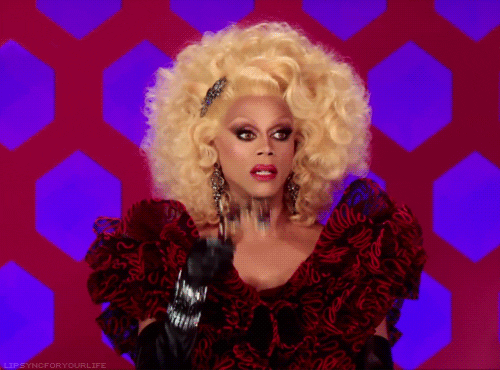Taking your mental health to heart
Accepting yourself as you are: Self-esteem and body image
Taking your mental health to heart
Accepting yourself as you are: Self-esteem and body image
Author: Marie-Michèle Ricard,
Psychoeducator, psychotherapist and teacher.
Close your eyes 🙈, and picture yourself in front of the mirror.
What do you see? What kinds of emotions or thoughts does your reflection stir up?
This brief exercise allows you to really experience your own self-image, which is how you perceive your body and appearance through your emotions, judgment and thoughts. And whether you’re an adult or a teenager, your self-image affects your self-confidence far more than any number on a scale ever could.1!
We’ve surely all found ourselves standing in front of the mirror and not quite liking what we see. Or comparing ourselves to the pictures we see on social media. Perhaps we’ve even dreamed of changing our body so that it reflects certain standards of beauty.
What do you see?
What emotions, what toughts is the result?
Do you feel that you want to change what you see?

How do I know if I have a 👍 positive, or 👎 negative, body image?
Having a positive body image means appreciating your body and all that it allows you to do, even if you don’t love it through and through 100% of the time. It means learning to focus on your physical assets rather than your imperfections and feeling good about your body—most of the time, anyway. When you have a positive body image, you realize that traditional standards of beauty can be questioned (and criticized), and that all shapes and sizes are beautiful.
Having a negative body image, on the other hand, means being unsatisfied with your body, and wanting to change it. It’s about feeling negative emotions toward your physical self, such as shame, anger, guilt or sadness.
All this negativity can bring about an unhealthy relationship with your body and can go even further to breed symptoms of anxiety or depression, causing you to withdraw, and your grades to suffer. It can also affect your relationship with food and put you at risk of developing an eating disorder 🌭 🍔 🍟 🍕 🍭 🍬 🍫 🍿 🍩 🍪.
Body positivity in the teen years: No easy feat
The way you see your body begins at a very early age. And as you grow, your body image changes as well. But when you reach adolescence, things can sometimes start to get complicated, because we all develop at our own pace and in our own way: some may grow to be tall while others may develop curves.
On top of that, some teens also have to deal with:
- Comments (or even taunting) from loved ones about their appearance
- Pressure from the media or from people in their social circle (friends, family, classmates), emphasizing stereotypically thin, unrealistic body shapes that are difficult to achieve
- Bullying
- Intolerance or stigmatization, often due to one’s appearance
All this pressure can cause some teens to develop a negative body image.
Did you know?
In high school, more than half of all teens are unhappy with their appearance:
46% of all girls wish they were thinner, and 27% of all boys wish they were stronger3.

Fatphobia: It’s a thing, and it needs to be taken seriously
Perhaps you’ve been the victim of fatphobia, or fat shaming, which consists of bullying or discrimination based on weight—it’s the most common type of bullying in high schools. Being the subject of such comments or acts can increase stress, reduce self-esteem and increase the risk of depression. It can make you want to withdraw and avoid certain activities such as gym class. And it can cause an unhealthy relationship with food, increasing the likelihood of developing an eating disorder.4
If you’ve witnessed such discrimination, 🚨 don’t hesitate to speak out. It’s unacceptable. And if you’ve been the victim of such discrimination, don’t go through it alone.
Sometimes, you may just feel like you don’t look like everyone else. When we compare ourselves to the “perfect” (and highly retouched) bodies of influencers on social media, it’s easy to want to look like that too. But trying to attain this unrealistic ideal can make you less than satisfied with your own body, and that can be incredibly frustrating, sad or even anxiety-inducing. It only takes a few minutes of viewing this content each day to bring about a wave of negative thoughts.
👩🏼 👱🏽♀️ 👩🏽🦱 👩🏿 👨🏼 👱🏽 👨🏽 👨🏿🦱
Looking like a boy or a girl: There is no wrong answer
Perhaps you’ve noticed: the standards of beauty for men and women are very limited. There are many people, particularly in the LGBTQ2S+ community, who don’t recognize themselves in these standards of “traditional” masculinity and femininity.
🏳️🌈 Nearly 75% of people who identify as LGBTQ2S+ claim to be highly concerned about body image-related issues2. So, if you’re not happy with your body the way it is, you’re certainly not alone! 🏳️🌈
So how do I improve my body image?
It’s completely normal that the way you see yourself, and how you feel about your body, 👶 👦 🧑 🧔 👨🦳 will change over time. But if ever you feel like you need a hand, there are a number of things you can do to help boost your self-image and, little by little, accept yourself for who you truly are.
Video about body image
Did you know that 55% of teens are dissatisfied with their appearance? In this capsule on body image, discover the testimonies of several young people as well as the advice of a psychoeducator to help you accept your body.
Need to talk about how you feel?
Speak with a Tel-Jeunes worker: it’s anonymous, free and accessible 24/7

Our partner
Les Éditions Midi trente offers practical books and helpful intervention tools aimed at helping people young and old overcome challenges and foster their potential.
References
1.BLACKBURN, 1. BLACKBURN, Marie-Ève, et al. Cheminements d’adolescents de 14 à 18 ans (Enquête longitudinale auprès des élèves saguenéens et jeannois), Cégep de Jonquière. Jonquière, 2008. Also available online: https://ecobes.cegepjonquiere.ca/media/tinymce/Publication-Sante/cheminementados.pdf
2. LÉPINE, Laurence, et al. Portrait des personnes LGBT+ en Gaspésie et aux Îles-de-la-Madeleine, Centre d’initiation à la recherche et d’aide au développement durable (CIRADD). Carleton-sur-Mer, 2017. Also available online: https://www.ciradd.ca/wp-content/uploads/2019/10/RPSN_2014035_LGBT_FIS.pdf
3. TIGGEMANN, Marika. “Body dissatisfaction and adolescent self-esteem: Prospective findings,” Body Image, 2, 2 (June 2005): p. 129–135. Also available online: https://doi.org/10.1016/j.bodyim.2005.03.006
4. VOGEL,Lauren. “Fat shaming is making people sicker and heavier,” Canadian Medical Association Journal (CMAJ), 191, 23 (June 2019): p. E649. Also available online: https://doi.org/10.1503/cmaj.109-5758





